- How Much Weight Can You Realistically Lose in 3 Months? - January 14, 2024
- How To Lose 1kg a Week (Guaranteed) - August 20, 2023
- How To Count Calories (or Estimate) and Stay on Track When Eating Out at Restaurants - July 25, 2023
There is no objective definition of a ‘cheat day’, but for the purposes of this post, I’m going to assume that most people treat it as a specific day in which the meal(s) eaten might have a significantly higher calorie content than the other meals they usually consume throughout the week, and one which might have a different macronutrient split; for example, your cheat day may have a higher fat and/or carbohydrate content than a typical day .
For those unfamiliar with the ‘cheat meal’ culture, let’s take a look at a few obscene examples of cheat meals from Instagram;
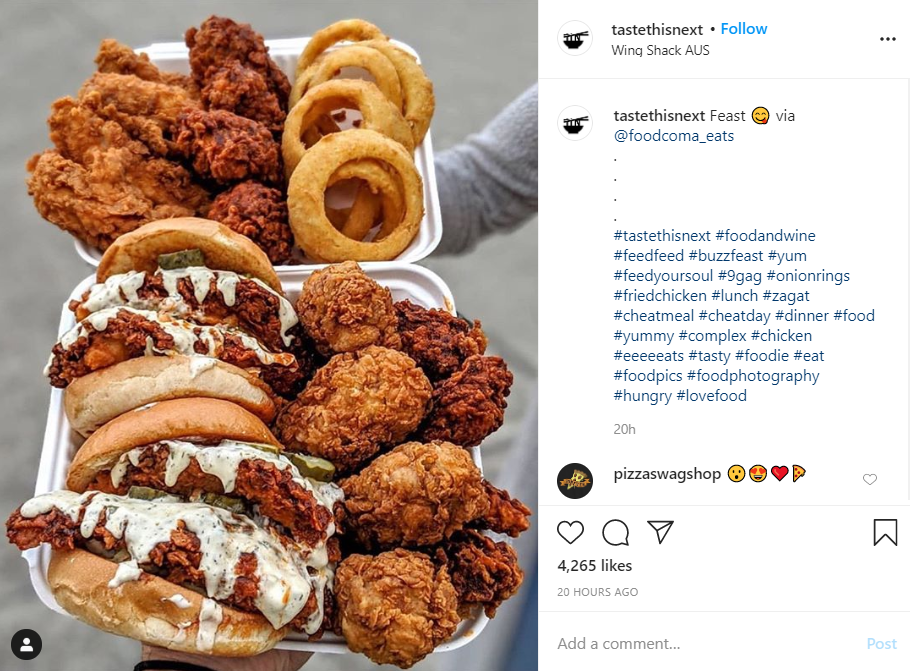
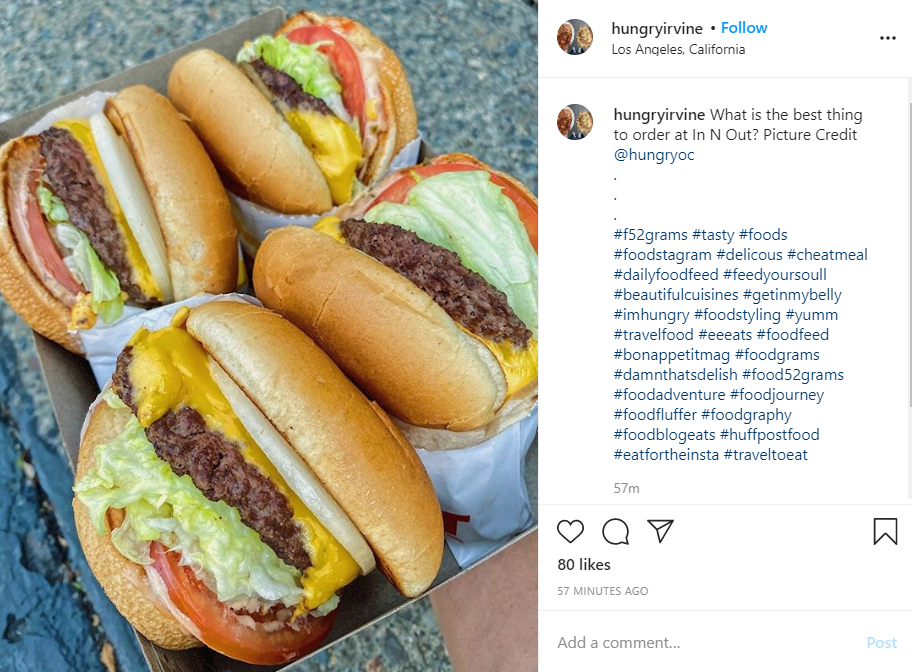
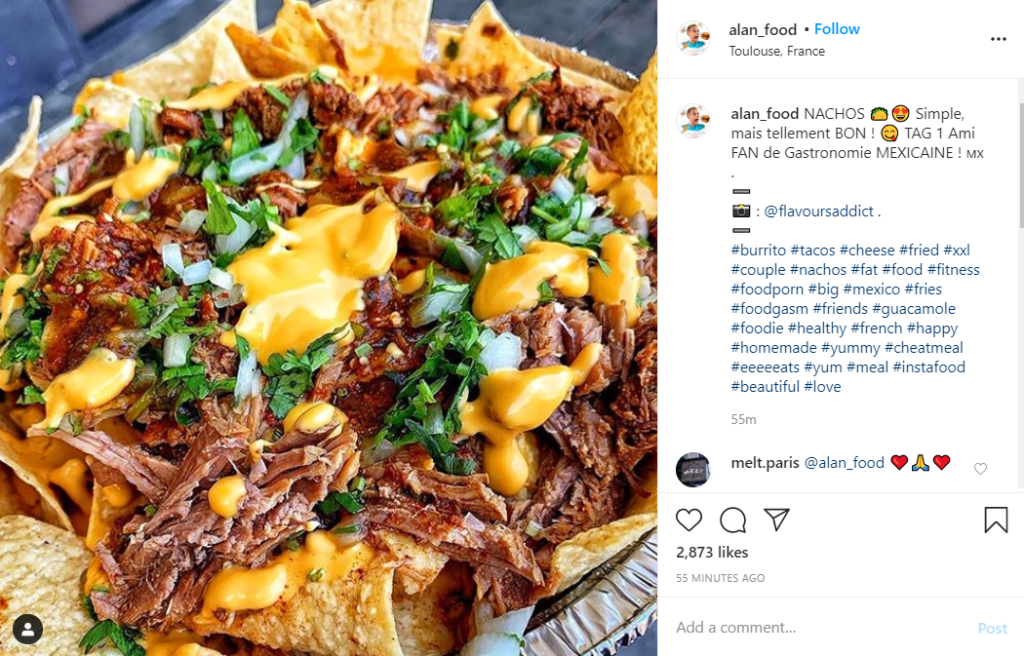
As you can see, the general consensus seems to be that ‘cheat meals’ consist of any food that tastes good – above we have fried chicken, burgers and nachos but you’ll also frequently see pizza, fries, ice cream and cookies being described as ‘cheat day’ items.
But aside from all that stuff tasting f**king delicious, why else to people believe that they should have a cheat meal?
There’s a general belief that a cheat meal can have physiological benefits for fat loss, i.e. that they ‘rev up’ your metabolism allowing you to drop more fat.
While it MAY be true that cheat meals or ‘re-feeds’ could potentially be beneficial for long-term dieters in two ways;
1. Increasing leptin levels (the hormone that regulates feelings of hunger)
and
2. Increasing metabolism (meaning the fat loss process may be jump-started)
This is probably only true for elite-level physique competitors looking for that additional 0.01%. And even then it’s sketchy.
The fact that you’ll feel fuller after a big meal is pretty obvious, and the effects of the increased leptin will likely wear off very quickly, and the resultant increase in metabolism probably won’t be sufficient to compensate for the caloric load of your ‘cheat meal’.
So, are cheat meals even worth it..? Well…
WANT IN TO MY FREE 14-DAY FAT LOSS COURSE? PUT YOUR NAME AND EMAIL ADDRESS IN BELOW;
WHY CHEAT MEALS/DAYS DON’T WORK FOR EVERYONE
Unless you track your food…
The problem is what the lay-person (you, probably) doesn’t take into account, is that the limiting factor in whether or not you’ll drop fat is your energy balance, that is, whether you’re in a calorie deficit or a calorie surplus.
Although it’s nice to think that a curry with all the trimmings, or a large Dominos, or your bumper cheeky Nando’s order might be helping you drop fat, the truth is, that’ll only be true if you compensate for this huge calorie intake by dramatically lowering your remaining calorie intake throughout the day to create a calorie deficit.
Cheat Meal Example Calories;
N.B. Before I start with this hypothetical situation I’m going to make a couple of assumptions;
- To maintain their weight, our dieter needs to eat 2,250kcals per day
- In order to lose a certain amount of fat by a specific date, they are aiming to eat 2000kcals per day
- In every situation, the macro split (ratio of carbs, protein, and fat) is exactly the same
- One pound of body fat is equal to 3,500kacls (this figure is debatable, but we’ll use it for argument’s sake in this post).
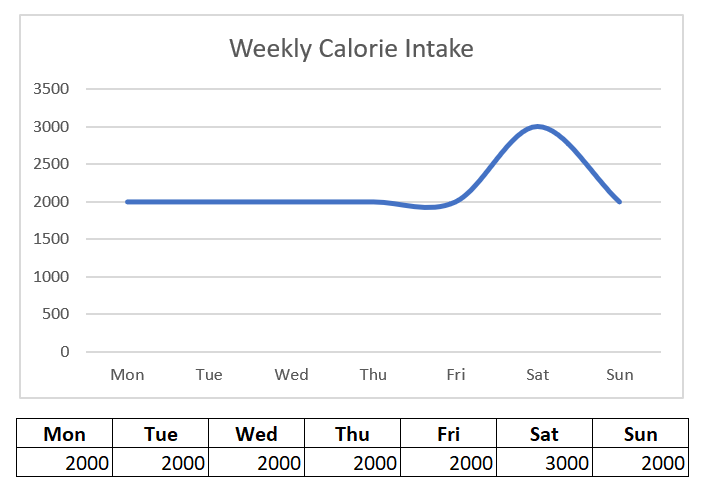
I’ve intentionally made the numbers the same each day to illustrate a point, but imagine that you were aiming to lose body fat, and to do that you had a daily calorie target of 2000kcals, which would create a daily calorie deficit of 250kcals (for argument’s sake)
IF you stuck to this religiously, over the course of a week you could expect to lose about half a pound of body fat (if we assume that one pound of body fat is roughly equal to 3500kcals).
However, because of that cheeky cheat meal on Saturday, you’re actually in a calorie surplus that day.
Over the course of a week, you’ll still be in a deficit overall but the fat loss process will be slower than if you’d hit your calorie target on that day, or compensated.
This means that if you had a target weight or body fat % in mind for a photo shoot/holiday/sporting event, you won’t hit it unless you compensate for that cheat meal.
PLUS if you repeat that pattern week after week, the time it takes to achieve your goal will end up taking longer and longer.
Of course you can compensate…
CHEAT DAYS AND CALORIE DEFICITS
Take a look at the chart below. This is a visual representation of what it could look like if you had a cheat day/meal on Saturday, then compensated for it on Sunday…
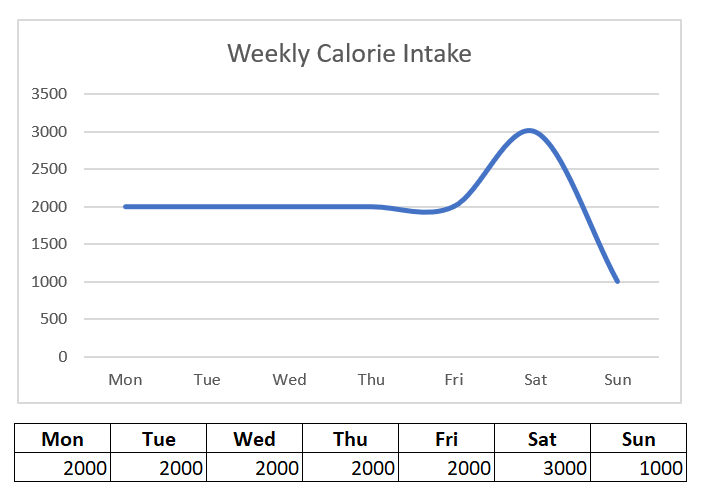
If you were to lower your calorie intake to just 1000kcal on Sunday, you’ve compensated for your 1000kcal overshoot on Saturday. This style of dieting is called calorie zigzagging.
It’s down to you whether you think overeating on Saturday is worth under eating on Sunday.
Is it Really that Easy?
If you can do basic math, yes.
The problem is most people don’t want to micro-manage their diet that way. The other issue is that, most people that cheat generally do it more than once a week.
Let’s take a look at the hypothetical diet of a serial cheater.
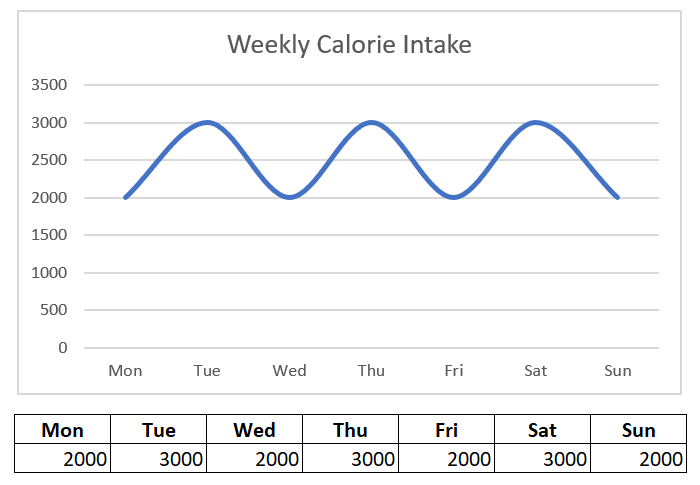
In this example we can see that our hypothetical dieter has ‘cheated’ a couple of times throughout the week; maybe they had a bit of Victoria sponge that Maude from accounts made on Tuesday, a number 37 and 50 from the Chinese on Thursday and a Pizza and Beer night on Saturday; either way it doesn’t matter what you eat as long as you’re in a calorie deficit (if weight loss is the goal).
Remember, to MAINTAIN their current weight, they need to eat 2,250 kcals per day, which is 15,750 kcals per week.
To LOSE enough weight, we’re saying they need to eat 2,000 kcals per day, which is 14,000 kcals per week
In this instance, their total calorie intake over the course of a week was 17,000 kcals – a 3000 kcal overshootfrom target and a 1,250 kcal overshoot from maintenance
At this rate it would take just under three weeks to ADD a pound of fat, that’s right, Mr. Cheeky Nandos would actually gain weight.
Again, let’s look at how you might compensate for this.
As you can see, things get a lot more complicated- if you’d ‘cheated’ at this scale and frequency, it’d be very difficult to compensate with any degree of accuracy unless you tracked your macros religiously – here I’ve taken the calories down to just 1000 on Wednesday, Friday and Sunday to compensate.
This is what it might look like;
Suddenly a cheat meal doesn’t seem like much fun does it?
Here’s another version of the graph above covered in scribbles to try to illustrate my point further. The orange line is the amount of calories you need to eat to maintain weight, so essentially if you want to lose weight, you need to make sure the green areas are bigger than the red areas.
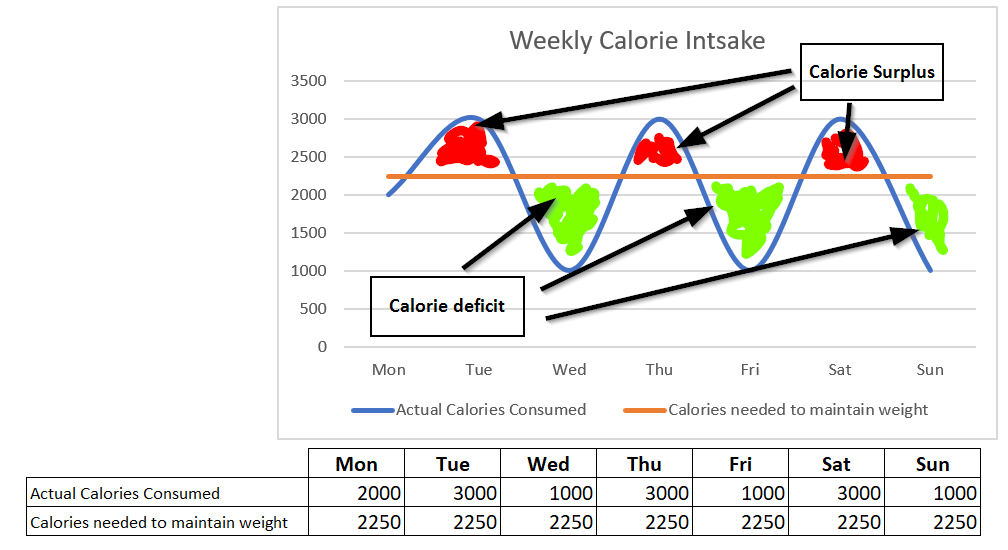
Another important thing to consider is training – if you’re trying to lose fat then presumably you be doing some type of high-intensity training, and in this hypothetical situation, that might be difficult on Wednesday for example when you’re only eating 250 kcal per meal.
Of course the advantage of religiously tracking your calories this way means that you can be flexible – if you’re out on the raz Friday night and eating out Wednesday, simply compensate throughout the week.
At the end of the day it comes down to this;
If you want to lose fat you must be in a significant calorie deficit over an extended period of time
If that means having what you call a ‘cheat meal’ once a week, or twice a week, or even twice a day, that’s fine, but you had better make sure you’re still in a caloric deficit over the course of a week.
Hell, every meal you have could be a ‘cheat’, so long as you’re in a calorie deficit.
So could a cheat meal help you lose fat? The truth is it doesn’t really matter what you eat BUT, generally speaking, the more you ‘cheat’ (whatever that means) the more carefully you’ll need to monitor your calories.
I say this because what people consider to be ‘cheat’ foods are generally high in fat which is more calorific and less satiating than protein – but that’s a debate for another day.
I’m conscious that the last 4 images in this post are screenshots of spreadsheets, so here’s another cheat meal to get your juices flowing.
DO CHEAT MEALS ‘BOOST’ YOUR METABOLISM?
Maybe, but not enough to offset the amount of calories you’ll take in in that cheat meal.
There seems to be an urban myth circulating that cheat meals are beneficial because they ‘stoke’ the metabolism and cause you to burn more calories than you otherwise would have.
For the most part, this is a complete fallacy.
However, there is a small grain of truth in this; it’s not quite as simple as just calories in vs calories out, the reason for this is that the calories you take in do affect the calories you expend (but not your actual metabolism, i.e. your basal metabolic rate).
So let’s say you have a cheat meal and you take in an additional 2000 calories over what you otherwise would have.
When you take in excess calories, your body may burn some of those extra calories through moving around more (e.g. fidgeting), you might also be more motivated to workout the next day (or workout harder, or for longer), this means you’ll burn some of those extra calories you’ve taken in.
At best, however, you might be looking at burning an extra 500 of those calories, which means you’ve still got an excess of 1,500 calories to be stored as fat (1,500 calories is equal to nearly half a pound of fat).
ARE CHEAT MEALS BENEFICIAL FROM A PSYCHOLOGICAL POINT OF VIEW?
Yes. If you like Pizza. And who doesn’t like Pizza?
The psychological benefits of enjoying a cheat meal or two per week are far more important than the physiological benefits, (which are arguably non-existent).
Why? Well, consider this;
- You won’t feel guilty about eating your favourite foods
- You can your favourite foods as often as you like
- You don’t have to decline social events that involve eating or boozing (or eat your Tuna and Broccoli out of Tupperware while you mates faceplant Nacho platters)
- If you overeat or miss a meal for whatever reason, no biggie, just compensate later in the day, or later in the week
Of course, the caveat to all this is that you WILL need to track your calories and macros if you want to take advantage of this flexible approach (if you’re serious about achieving your goal in a particular time period).
The need to be scrupulous with your food tracking lessens if your goal isn’t time-sensitive, but regardless, you’ll still need to ensure you’re in a significant calorie deficit over the course of a day (or a week, whatever suits you best).
The key point about the psychological benefits of incorporating cheat meals is that a flexible approach which allows for ‘cheating’ IS categorically better than a nutrition plan that doesn’t IF it means you’ll stick to it.
While many might not consider ‘cheat meals’ to be ‘healthy’ (whatever that means), a diet that includes foods that you enjoy some of the time could certainly be considered healthy from a holistic point of view, i.e. if we take into account mental health as well.
HOW OFTEN SHOULD YOU HAVE A CHEAT MEAL WHEN DIETING?
That one is really down to you and how disciplined you can be.
In my opinion, these are the situations in which people could have more frequent cheat meals;
- You’re dieting on a high number of calories – the more calories you’re dieting on, the more ‘room’ you have for cheat meals
- You’re meticulous with your calorie tracking – this will mean you’re more likely to compensate and recover in the next few days
- You are comfortable going long periods of time without eating – a large cheat meal might require you to fast for the whole of the next day in order to stay on target with your weight loss
When it comes down to it, if you have a ‘cheat meal’ or ‘a cheat day’, you’re not really cheating anyone but yourself because you’ll have to compensate and recover if you want to stay on target with your fat loss.
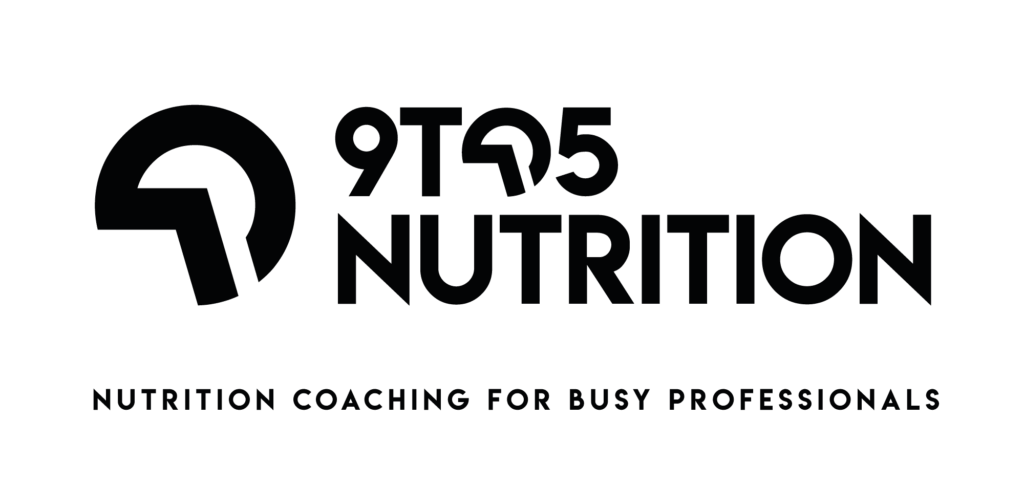
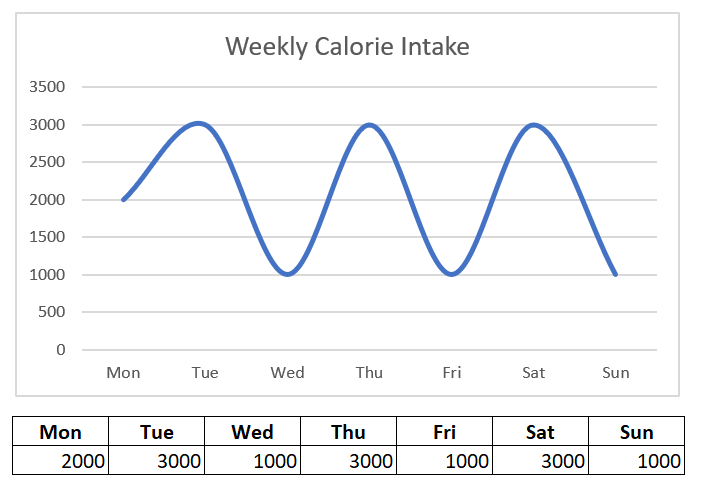
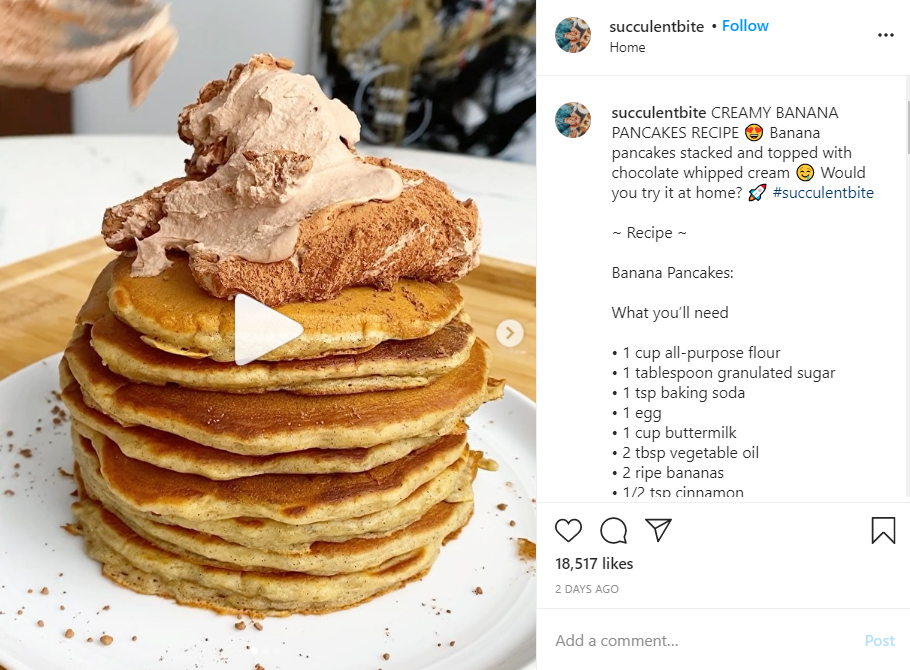
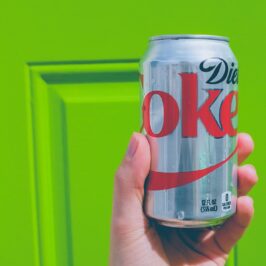
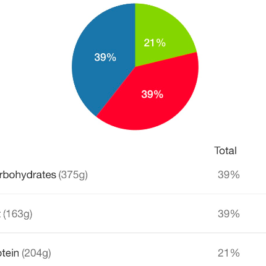
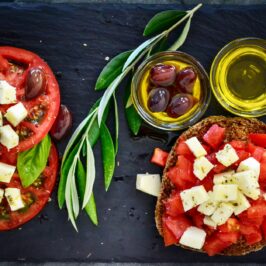
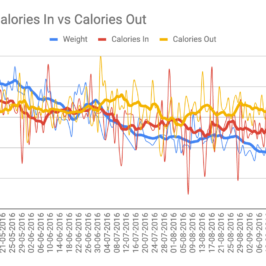
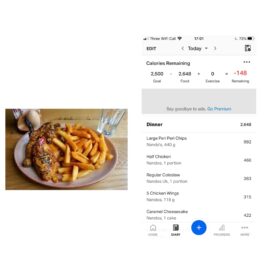
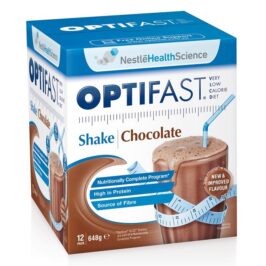
Leave a Reply